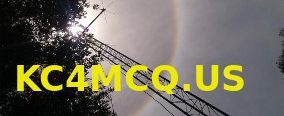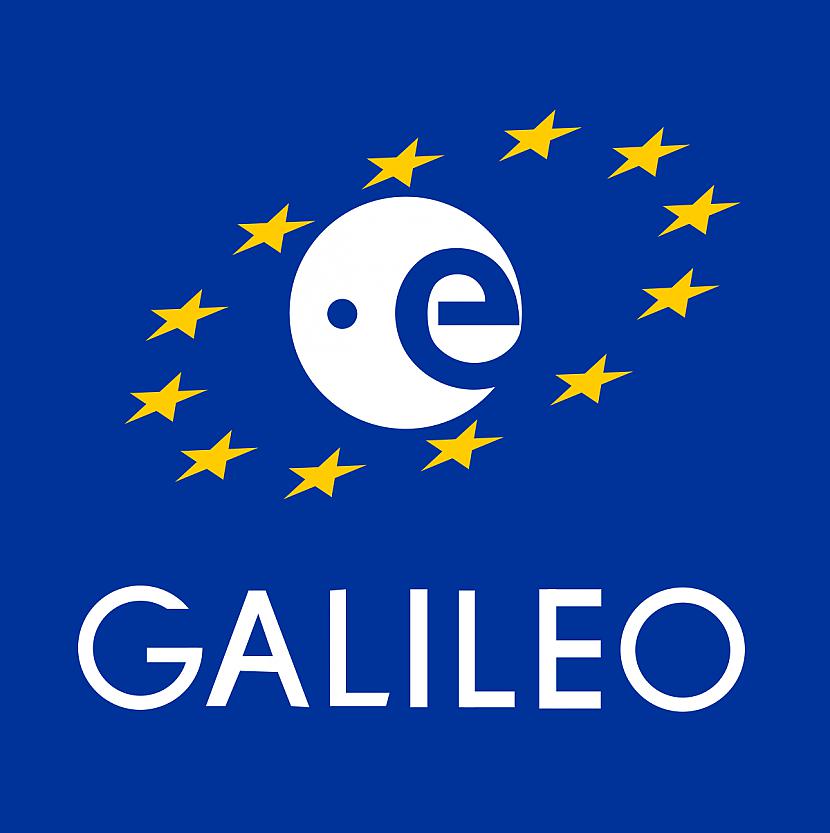 IARU report on the recent meeting of ITU-R WP5A, the lead group responsible for developing the Conference Preparatory Meeting report about the WRC23 agenda item on the 23cm band.
IARU report on the recent meeting of ITU-R WP5A, the lead group responsible for developing the Conference Preparatory Meeting report about the WRC23 agenda item on the 23cm band.
The latest meeting of ITU-R WP5A concluded on June 2, 2022. The IARU was represented by Ole Garpstad (LA2RR – ITU Lead) and Barry Lewis (G4SJH – WRC23 AI9.1b Lead).
ITU-R WP5A is the study group at ITU which deals in part with topics related to the amateur and amateur satellite services. It is the lead group responsible for developing the Conference Preparatory Meeting (CPM) report on agenda item 9.1(b).
This Agenda Item provides for a “Review of the amateur service and the amateur-satellite service allocations in the frequency band 1240‑1300 MHz to determine if additional measures are required to ensure protection of the radionavigation-satellite (space-to-Earth) service operating in the same band in accordance with Resolution 774 (WRC‑19);” The CPM Report will form the basis for consideration of this issue at WRC-23 next year.
At the conclusion of the recent WP5A meeting a draft recommendation was prepared which will provide guidelines to administrations to ensure the protection of the RNSS primary allocation from the secondary amateur and amateur satellite services.
The draft recommendation will be the most important element of the WP5A work going forward for the amateur and amateur satellite services in the 23cm band. The working document contains a number of proposals for severe limitations on amateur usage of the band including transmitter power constraints. Very low power levels are proposed for large portions of the band (100% in one case). Proposals also identify possible frequency band usage limitations for broadband applications (e.g. ATV), narrowband applications and amateur satellite services in 1260-1270 MHz.
A full report of the WP5A meeting can be found here.
https://www.iaru.org/wp-content/uploads/2022/06/Report-from-WP5A_June-2022-FINAL.pdf
None of these proposals are adopted at this time and work will continue at the next meeting of WP5A to rationalise the variations proposed by national telecom-administrations.
The IARU will work to minimise the constraints on amateur radio activities and continue to seek amendments to the draft recommendations through the ITU process, but as a secondary user, radio amateurs should understand the need to protect the Radionavigation Satellite Service (RNSS) in many consumer and industry applications (like autonomous vehicles) that will lead to some restrictions on our use of the 23 cm band.


